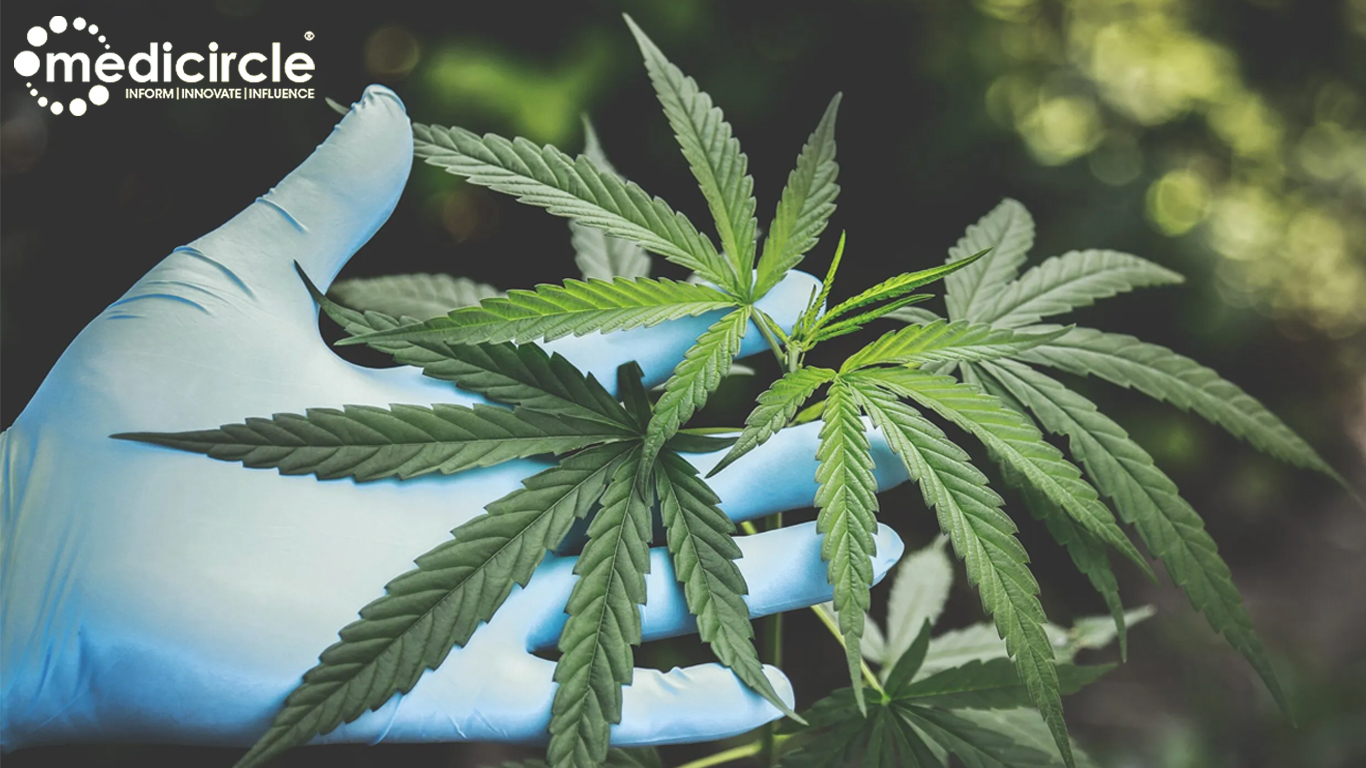Cannabis, also known as marijuana, is a plant with a range of effects due to its psychoactive substances. Among these substances are cannabinoids, which include cannabigerol (CBG) and cannabidiol (CBD). While cannabis is often known for its use in achieving a euphoric effect through smoking or chewing dried leaves, its medicinal properties are receiving increasing attention. As more countries debate the legality of recreational cannabis, medicinal use, especially in treating conditions like chronic pain or chemotherapy-induced nausea, is already legal in several high-income nations.
One of the most talked-about cannabinoids in recent times is CBG. Researchers, including those from Washington State University, are investigating its potential benefits, particularly for anxiety and stress relief. Let’s explore a recent study on CBG and its effects, providing insights into its possible advantages and current limitations.
What is CBG?
Cannabigerol (CBG) is a cannabinoid found in cannabis plants. Unlike tetrahydrocannabinol (THC), the psychoactive compound responsible for the “high” associated with cannabis, CBG does not produce intoxicating effects. Instead, it is gaining attention for its potential therapeutic uses. Cannabidiol (CBD), another non-psychoactive cannabinoid, has already been studied for its benefits in various medical conditions, and CBG is now emerging as a promising candidate for similar uses.
Evaluating CBG’s Impact on Anxiety and Stress
A recent study led by researchers at Washington State University sought to evaluate the effects of CBG on anxiety and stress. The study involved 34 participants who underwent two virtual meetings to assess their baseline levels of anxiety, stress, and mood. During these meetings, participants consumed either 20 milligrams (mg) of CBG or a placebo. After consumption, their anxiety, stress, and mood were re-evaluated, along with the effects of any intoxication.
Key Findings from the Study
1. Reduction in Anxiety and Stress: The study found that compared to the placebo, CBG led to significant reductions in anxiety and stress. These effects were noticeable at various time intervals, including 20, 45, and 60 minutes after consumption. This suggests that CBG may offer a quick and effective way to manage anxiety and stress.
2. Improved Memory: Participants who took 20 mg of CBG showed significant improvements in memory. They were able to recall more words compared to when they took the placebo. This finding indicates that CBG might have cognitive benefits beyond just anxiety and stress relief.
3. No Intoxication or Adverse Effects: Unlike THC, CBG did not impair cognition, movement, or cause other common adverse effects. Participants reported minimal changes in symptoms such as dry mouth, sleepiness, and increased appetite. This is a promising result for those looking for therapeutic options without the intoxicating effects of THC.
Study Limitations and Cautions
While the study presents promising results, it is important to consider its limitations. The modest use of CBG, the timing of assessments, and the remote nature of the study (conducted via video conferencing) may affect the accuracy of the findings. The researchers, including Carrie Cuttler, an associate professor of psychology at Washington State University, caution against overhyping CBG as a “miracle drug.”
“Ongoing and future studies will help build a comprehensive understanding of CBG’s benefits and safety,” Cuttler stated. These studies are crucial for confirming the results and understanding the full potential of CBG in managing anxiety and stress.
The Future of CBG Research
The study highlights the need for further research to validate CBG’s effects and safety. As interest in cannabinoids grows, it’s important to approach new findings with cautious optimism. Future research will help clarify how CBG can be integrated into therapeutic practices and whether it can provide a viable alternative to traditional treatments for anxiety and stress.
In summary, CBG is emerging as a promising cannabinoid with potential benefits for managing anxiety and stress without the intoxicating effects of THC. While initial findings are encouraging, further studies are needed to fully understand its effects and establish its place in medical use. As research progresses, CBG may offer a new avenue for those seeking relief from anxiety and stress in a safe and non-intoxicating manner.

 As research progresses, CBG may offer a new avenue for those seeking relief from anxiety and stress in a safe and non-intoxicating manner.
As research progresses, CBG may offer a new avenue for those seeking relief from anxiety and stress in a safe and non-intoxicating manner.










.jpeg)




.jpeg)

.jpg)













